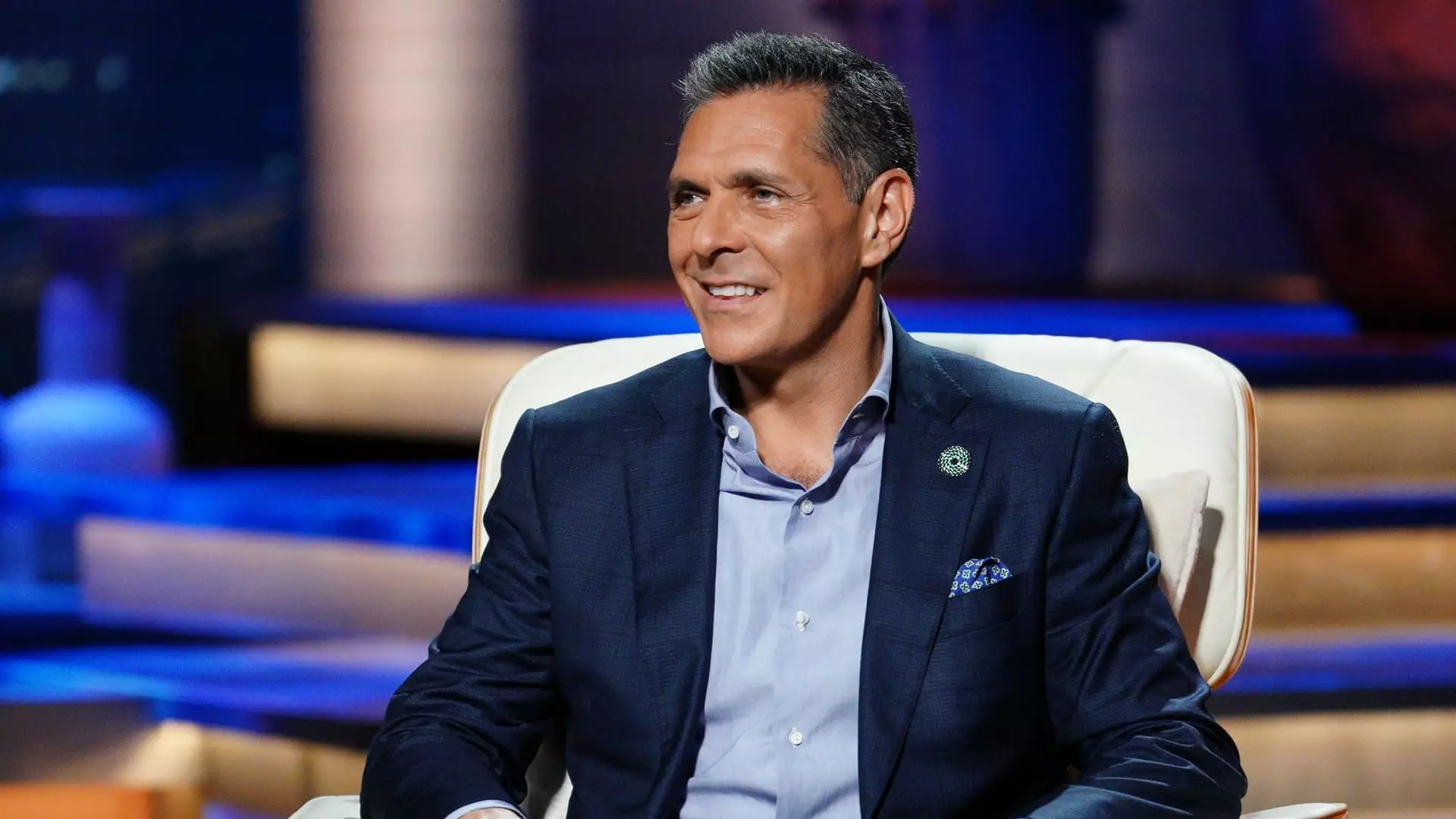In the evolving landscape of wealth management, family offices increasingly redefine their trajectories beyond the realms of their founders’ initial singular successes. Take, for example, billionaire Daniel Lubetzky who, after tapping into the $1.2 trillion snack market with his Kind brand, has pivoted towards a broader investment horizon. In 2020, Lubetzky made a strategic decision to sell a controlling stake to Mars Inc., a move that not only solidified his financial standing but also reflected a keen understanding of market dynamics. By establishing Camino Partners, a family office named after his Spanish roots, Lubetzky is now seeking to make lasting impacts in wellness sectors, highlighting a fascinating trend where food and health intersect.
The conception of Camino in 2023 is not merely about capital; it’s a manifesto of sorts proclaiming that wealth generation should have a societal duality. Lubetzky’s most recent ventures into longevity—endorsing names like Barry’s and LiveWell—illustrate an ambitious philosophy where investment aligns closely with holistic consumer health. Yet, this evolution raises crucial questions: Are we witnessing the birth of altruism in capital management, or simply savvy business acumen masquerading as philanthropy?
Redefining Consumer Education in Investment
Lubetzky’s approach to investment through Camino suggests a paradigm shift within family offices. Historically, they’ve thrived off roots tied to consumer packaged goods (CPG). However, as consumer needs evolve, so too must investment strategies. The narrative advanced by Lubetzky’s team posits health education as the bedrock upon which market dynamics should be constructed. As they unveil the productivity gains from investing in wellness-based enterprises, one can’t help but wonder whether Conscious Capitalism is simply an extension of capitalist greed rebranded for modern sensibilities.
“Consumer health begins with an education wave,” proclaims Camino’s president, Elle Lanning. But this brings an important caveat: Creating a wave assumes responsibility. Lubetzky and Lanning advocate for a proactive approach, serving as both investors and educators in a space that demands informed choices from consumers. It is invigorating to see an investor willing to acknowledge that building healthy communities involves more than just focusing on potential profit margins; it necessitates a commitment to lifestyle improvements. Yet, navigating the complexities of investment in wellness while being responsible influencers is a tightrope act that begs for authenticity.
From High-Risk to Fortune-Making: Navigating the Minefield
In discussions around investment possibilities, a significant pivot stands out: the transition from early-stage investments to established enterprises. Early-stage ventures are often characterized by high risk—something Lubetzky initially relished. His preference for nurturing nascent ideas into profitability highlights the sensitive interplay between passion and financial pragmatism. Yet, upon recognizing the daunting reality of struggling startups, he turned to a model focused on firms boasting revenue upwards of $20 million.
There’s an undeniable weight to this shift. Early-stage investing, while sexy from a risk-taking perspective, is plagued with failures that can be excruciating to witness. Lanning’s common-sense counsel on moving away from early investments resonates; it underscores the need for emotional fortitude in investment decision-making. After all, the stakes are not merely numbers on a spreadsheet but people’s lives and aspirations. This transition reinforces an ongoing dialogue about what kind of investor one should be—merely a financier or an active guardian of human potential.
Broader Horizons: The Need for Collaboration
While family offices like Camino seek broader sectors such as aerospace and technology, they recognize inherent limitations. Delving into deep tech or more capital-intensive industries requires specialized knowledge—a field in which many family office directors have little expertise. Thus, the trend of collaborating with or supporting fund managers emerges as a pragmatic solution. In doing so, family offices can transcend their traditional boundaries, capitalizing on emerging technologies while ensuring they remain anchored in responsible investment.
This reality beckons a critical assessment of the relationship between wealth and expertise. As family offices branch out, they must grapple with their responsibility in stewarding capital. Will they act as benevolent diversifiers, or will they simply replicate the exploitative tendencies that so often taint mainstream investing? The future of family offices may ultimately hinge on their ability to evolve—not just in business terms but as ethical custodians in a fast-changing world.


Leave a Reply